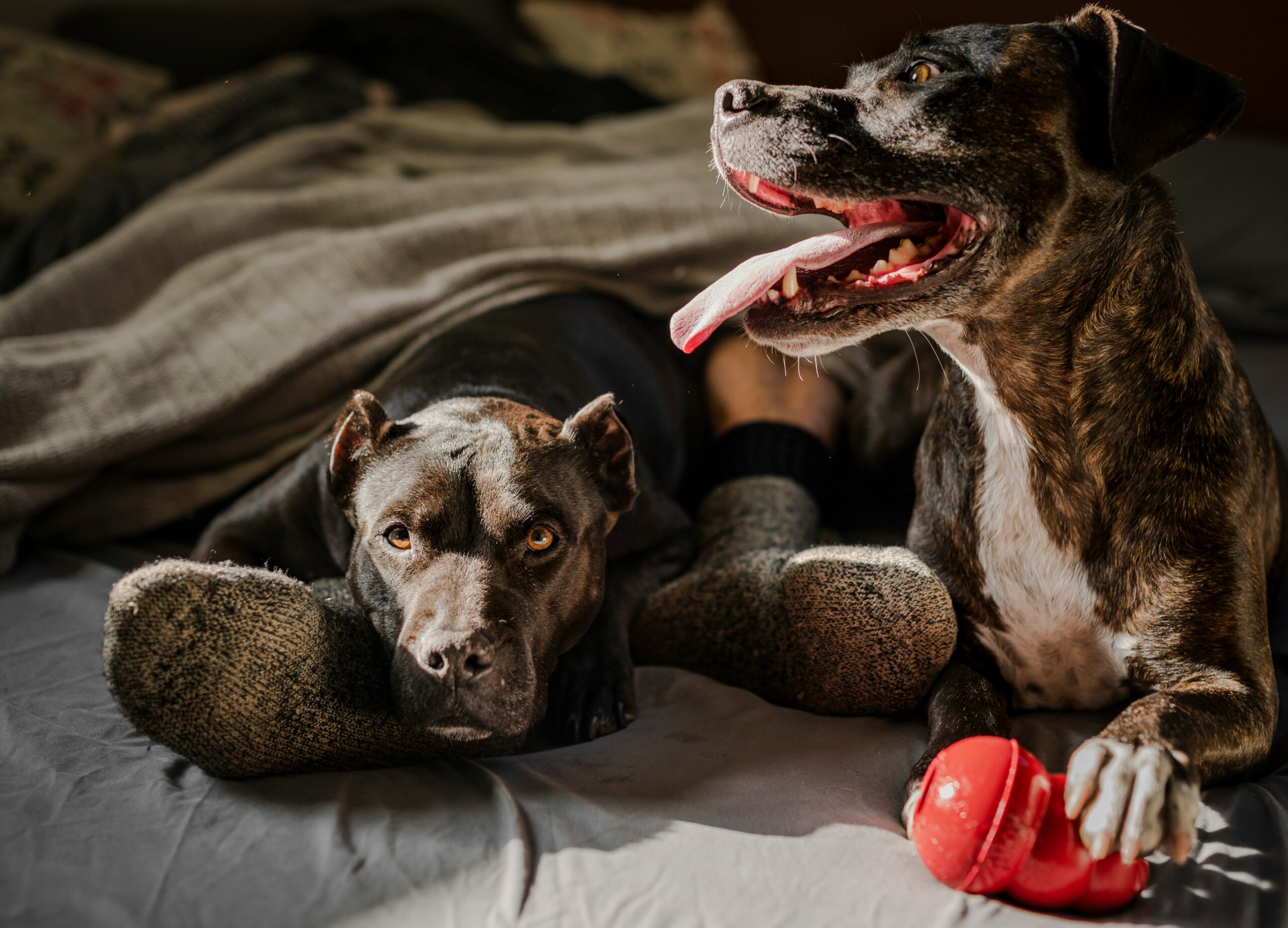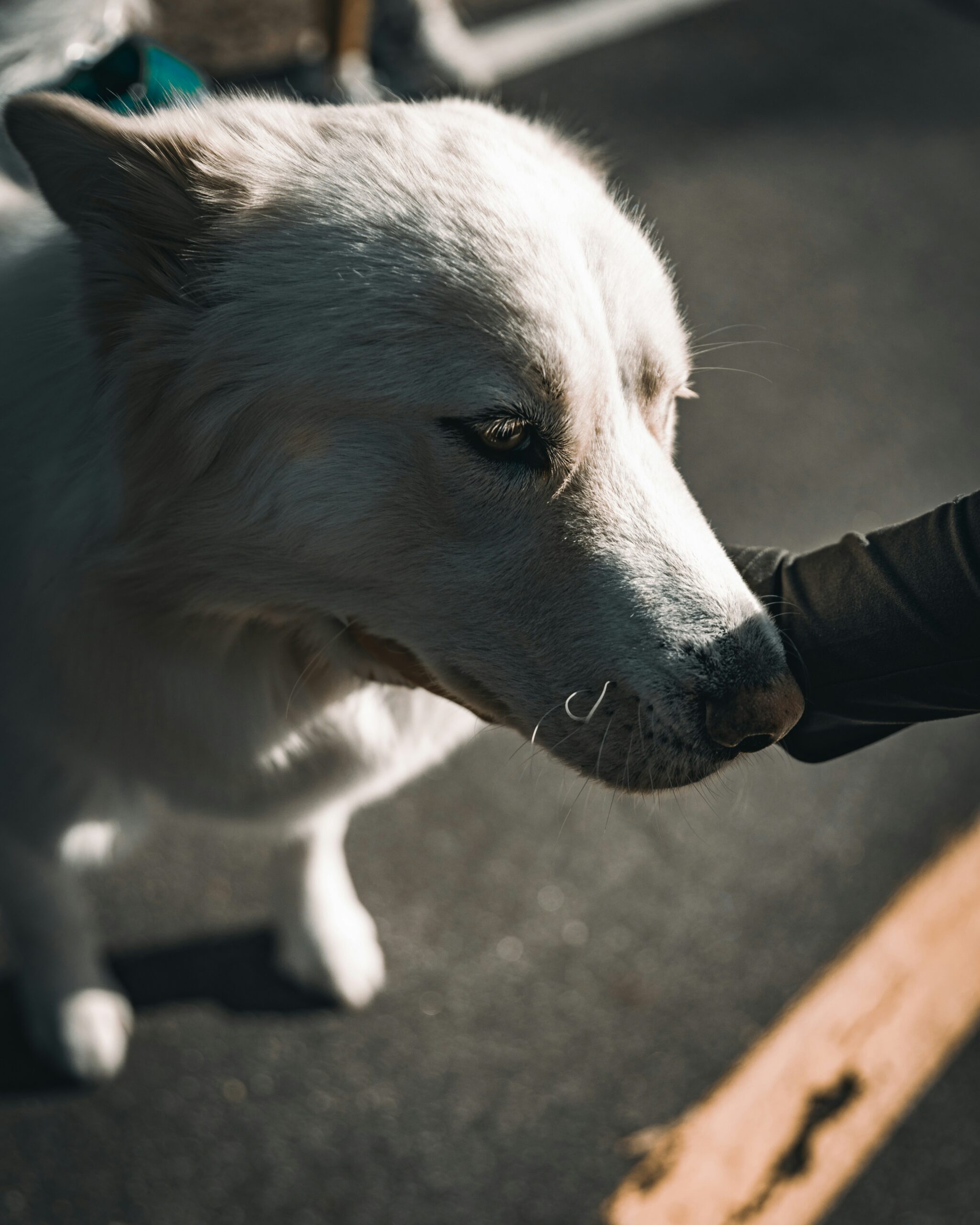Owning a dog is one of life’s greatest joys — but it also comes with responsibility. Just like humans, dogs can face health issues throughout their lives. Knowing how to recognize early symptoms and what to do about them can save your furry friend a lot of pain — and you a lot of worry.
Here are 10 of the most common dog health problems every pet owner should understand, plus simple, natural ways to help your dog feel better.
1. Upset Stomach (Diarrhea and Vomiting)
Digestive issues are one of the top reasons dogs visit the vet. It might be caused by eating something they shouldn’t, a sudden diet change, or even stress.
What you can do:
Give your dog’s stomach a rest for 12–24 hours, but make sure it has access to clean water. Then reintroduce bland food — boiled chicken and rice work wonders. Avoid giving table scraps or new treats until the stomach settles.
If symptoms last more than two days or include blood, call your vet.
2. Itchy Skin or Allergies
If your dog keeps scratching, licking paws, or shaking its head, allergies could be to blame. Common triggers include pollen, dust, certain foods, or even flea bites.
Natural tip:
Wipe your dog’s paws after walks to remove allergens, and bathe it with an oatmeal or hypoallergenic shampoo. Omega-3 fatty acids (found in fish oil) can also help reduce itching from the inside out.
3. Ear Infections
Dogs with floppy ears or those who love swimming often get ear infections. You’ll notice them scratching their ears, shaking their head, or a bad smell coming from the ear.
What to do:
Gently clean the outer ear with a vet-approved ear solution. Avoid inserting anything deep inside. To prevent infections, dry your dog’s ears after every bath or swim.
4. Dental Problems
Bad breath isn’t just annoying — it’s often a sign of gum disease or infection. Left untreated, it can affect your dog’s organs.
Prevention tip:
Brush your dog’s teeth a few times a week using a special dog toothbrush and toothpaste (never human toothpaste!). Dental chews and crunchy kibble also help reduce plaque.
5. Obesity
Extra weight puts stress on your dog’s joints, heart, and overall health. Many owners don’t realize their dog is overweight until it starts slowing down.
How to help:
Feed based on your dog’s ideal weight, not its current one. Choose a balanced diet and limit treats. Daily walks and playtime are essential — even 20 minutes twice a day makes a difference.
6. Arthritis and Joint Pain
Older dogs, especially large breeds, often struggle with stiff joints and pain when moving.
Natural care:
Keep your dog’s weight healthy, provide a soft bed, and add gentle exercise like short walks. Supplements with glucosamine or turmeric (with vet approval) can also ease discomfort naturally.
7. Fleas and Ticks
These tiny parasites cause itching, allergies, and can even transmit diseases.
Prevention:
Vacuum your home often, wash bedding, and use vet-approved flea preventives. You can also use natural repellents like diluted apple cider vinegar spray (50/50 mix with water) for mild protection.
8. Hot Spots
These are irritated patches of skin that dogs can’t stop licking or scratching. They spread fast in warm, humid weather.
Quick fix:
Trim the area gently, clean it with a mild antiseptic, and keep your dog from licking it. Stress and boredom can make hot spots worse — make sure your dog stays active and happy.
9. Anxiety and Stress
Dogs feel emotions just like we do. Thunderstorms, separation, or loud noises can make them anxious.
How to calm them:
Give your dog a safe space — a quiet room or crate — with a favorite toy or blanket. Calming music and regular exercise also help. Remember, a tired dog is usually a happy dog.
10. Ear Mites and Parasites
Small but nasty, mites and intestinal worms can cause serious discomfort and even lead to weight loss.
Watch for signs:
Frequent scratching, visible worms in stool, or scooting on the floor. Keep your dog’s deworming schedule up to date and clean food bowls daily.



